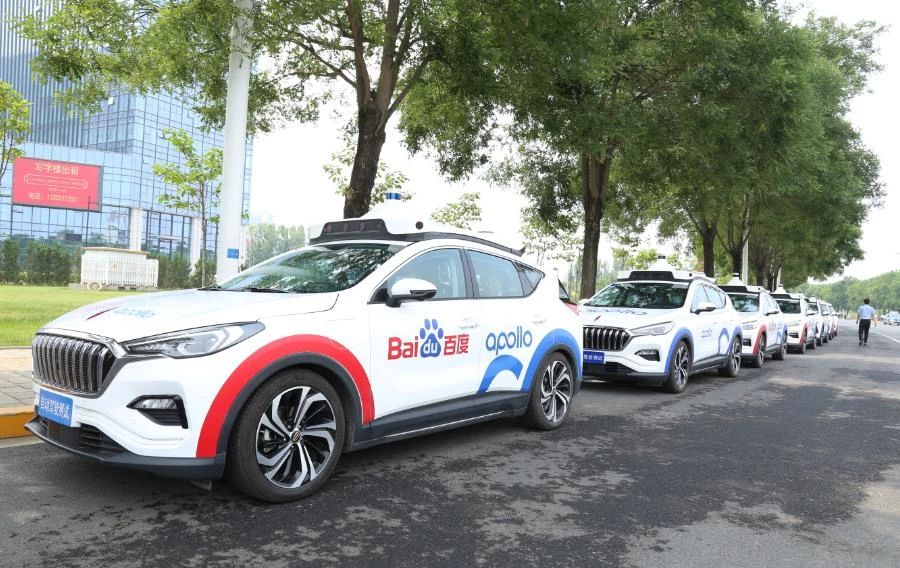Chinese tech giant Baidu's acceleration of the commercialization of its self-driving unit Apollo is bearing fruit.
The company announced Thursday that Apollo won a bid on June 29 for a total of RMB 91.9 million ($14.2million) for a self-driving bus project in Zhengdong new district of Zhengzhou, the capital city of central China's Henan province.
The total route length of the project is about 16.9km with 33 stations. The project includes traffic engineering, road engineering, and vehicle engineering, according to the bid information.
With self-driving technology developing rapidly in China, more and more cities are starting to allowing the public to ride in such vehicles, with Zhengzhou becoming the latest.
On June 26, the Zhengzhou city government said at a conference that self-driving buses and self-driving passenger cars will be put into the Zhengdong new district in batches starting July 1, opening the city to the public for test rides, according to a report by local media outlet dahe.cn last week.
In the future, local residents will be able to book self-driving vehicles on their cell phones for trips to venues including Zhengzhou East Railway Station.
Baidu began its involvement in autonomous driving technology eight years ago and was one of the first Chinese companies to enter the field.
Currently, the Baidu Apollo test fleet has reached 500 vehicles and 2,900 patents for intelligent driving. A total of 221 test licenses have been granted to Apollo, including 179 manned test licenses.
As of April 2021, Apollo L4 level autonomous driving road test mileage has exceeded 10 million kilometers, making it the first Chinese company to reach this threshold.
From May 2, Apollo driverless Robotaxi officially opened for regular commercial operation, and the public can start to experience the world's first fully driverless cab service.
This makes Baidu the first Chinese company to openly operate driverless Robotaxi, meaning that the commercialization of driverless has entered a new phase.
To accelerate its commercialization process, Baidu announced on May 10 that Wei Dong, former CEO of Shouqi Limousine & Chauffeur, joined Baidu as vice president of intelligent driving business group and chief safety operations officer of Baidu's intelligent driving business group to lead the commercial operation of Apollo shared driverless vehicles.
As an industry veteran with years of commercialization experience in the shared mobility space, Wei will substantially drive the acceleration of Apollo's shared unmanned vehicle deployment and commercial operations in China, Baidu previously said.
Baidu Apollo first to get permit for phase II self-driving road testing in Beijing
(Source: Baidu)
Become A CnEVPost Member
Become a member of CnEVPost for an ad-free reading experience and support us in producing more quality content.
Already a member? Sign in here.

